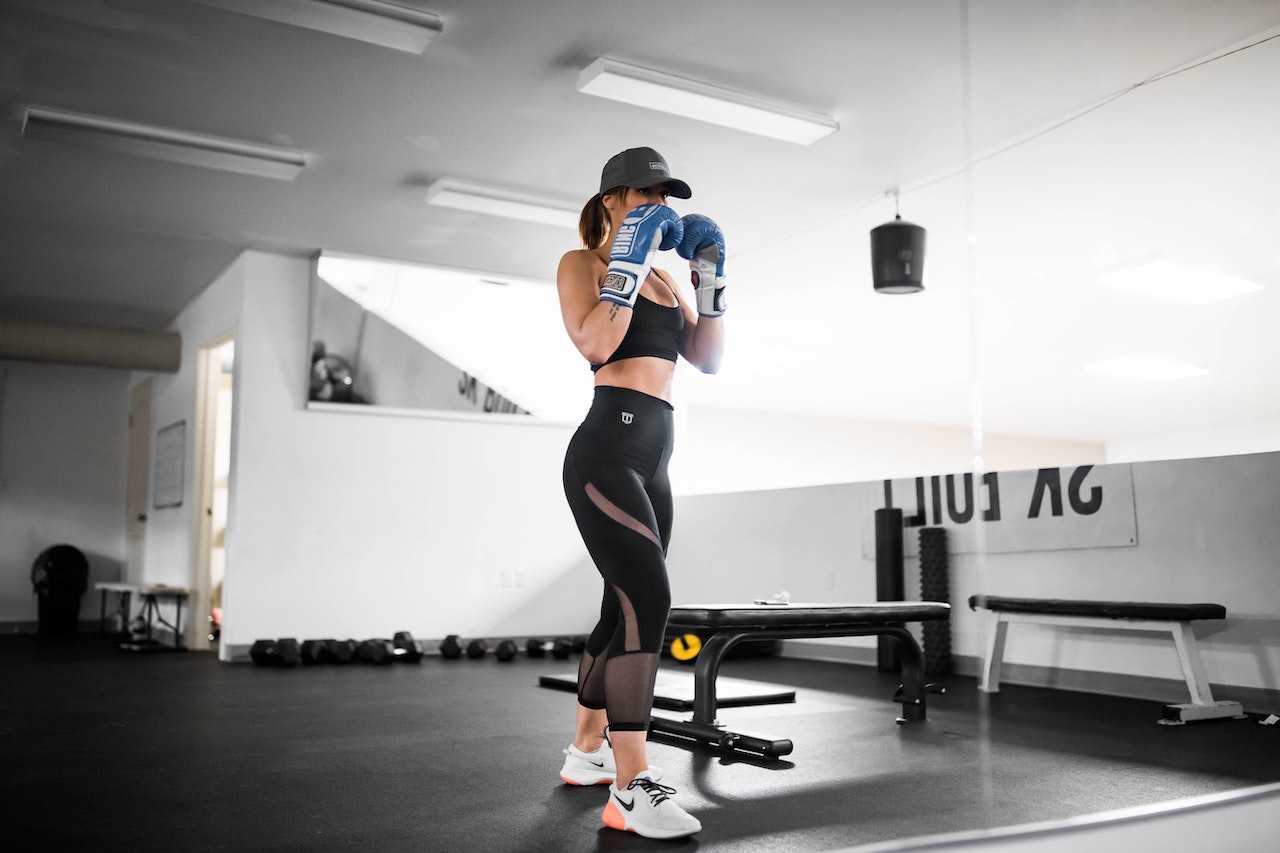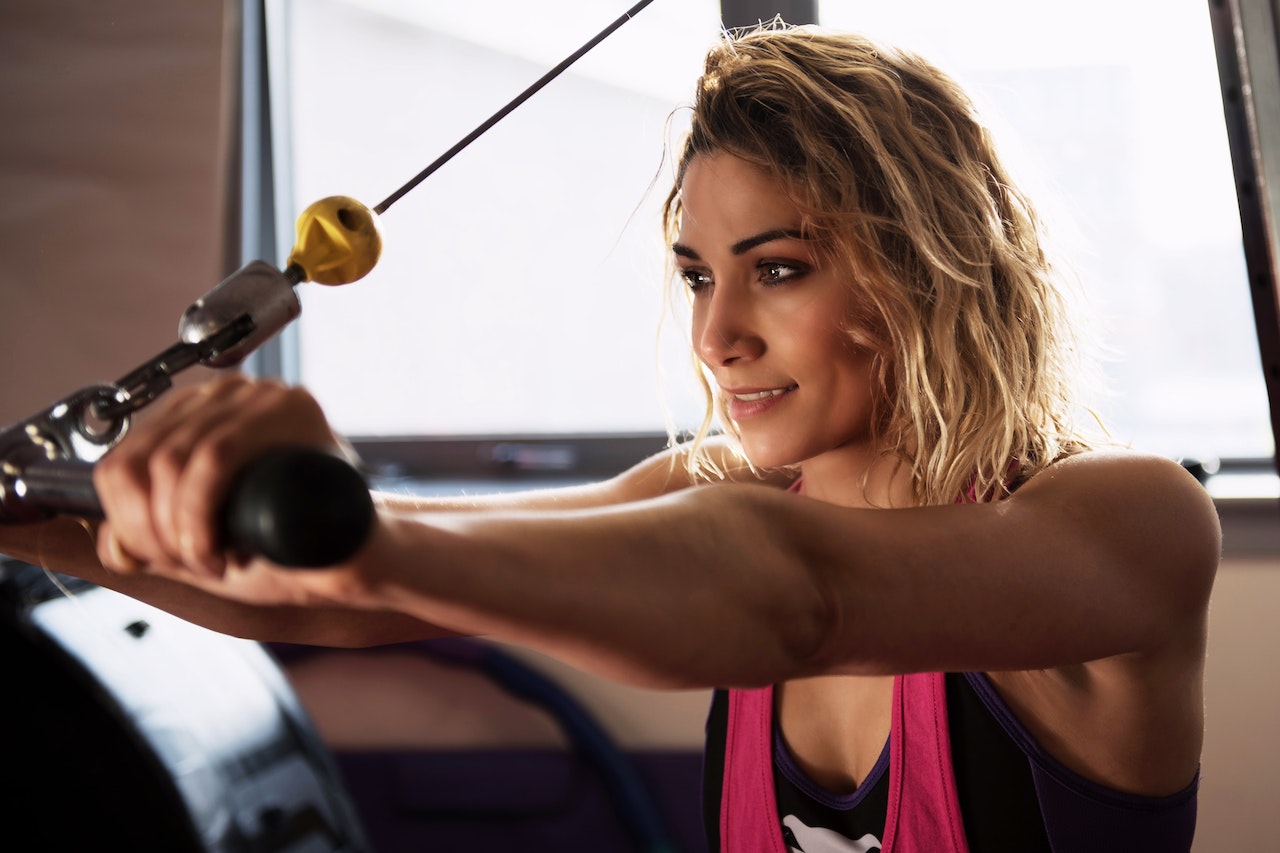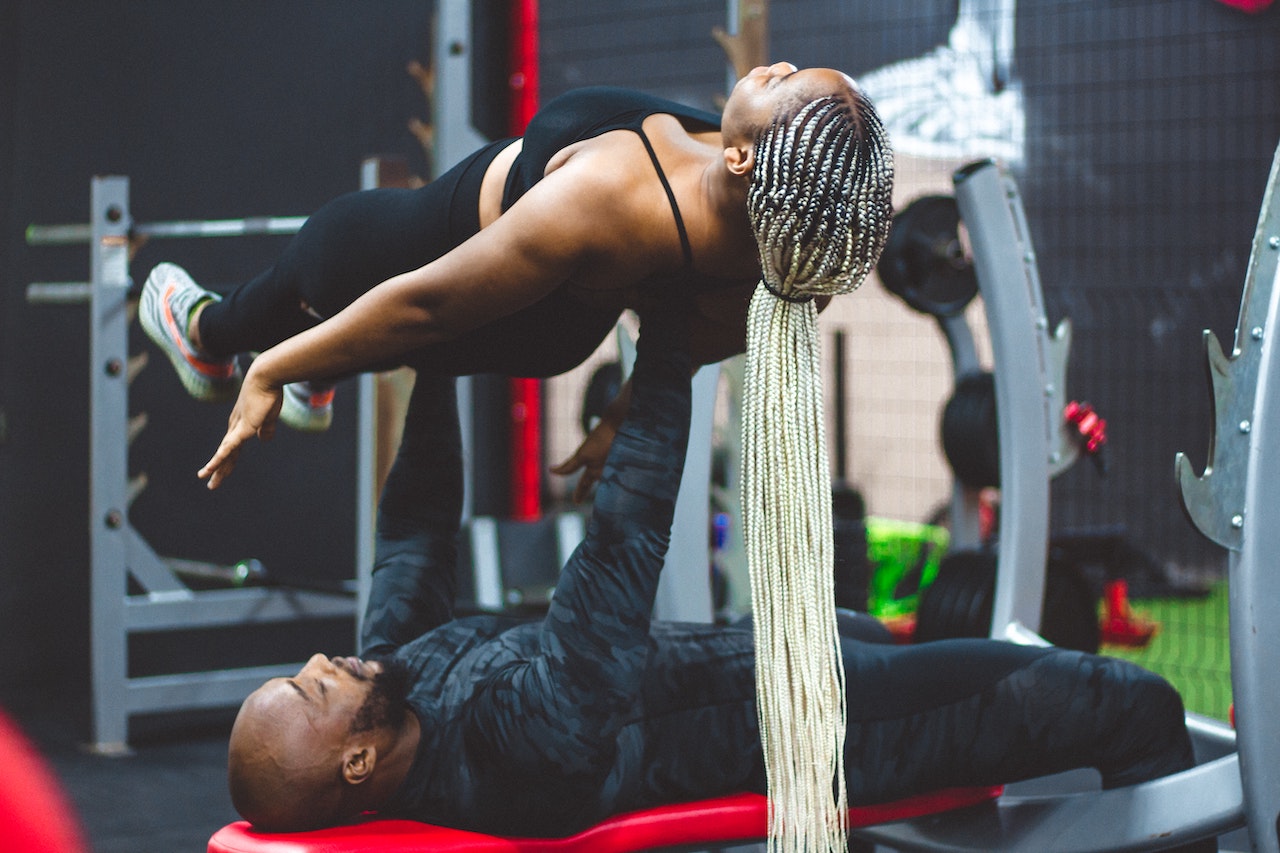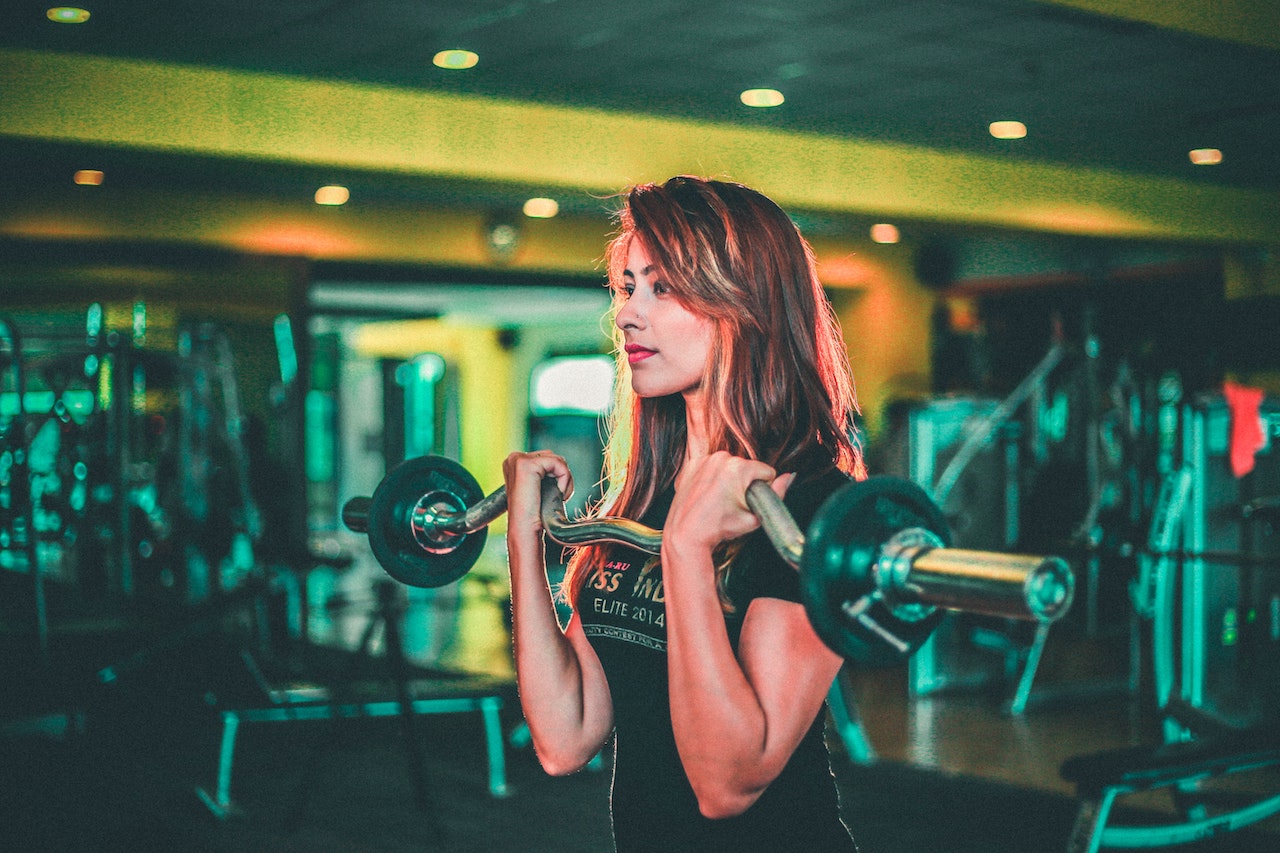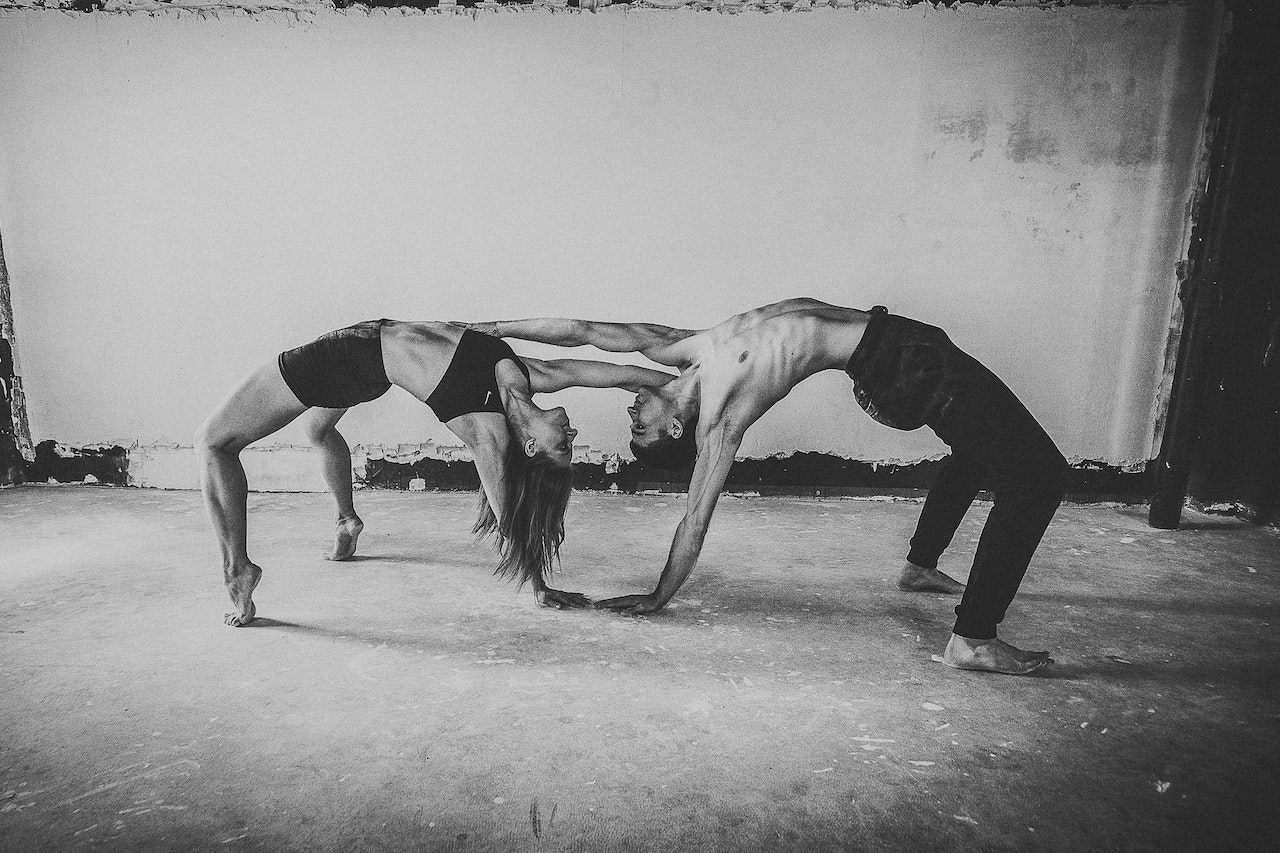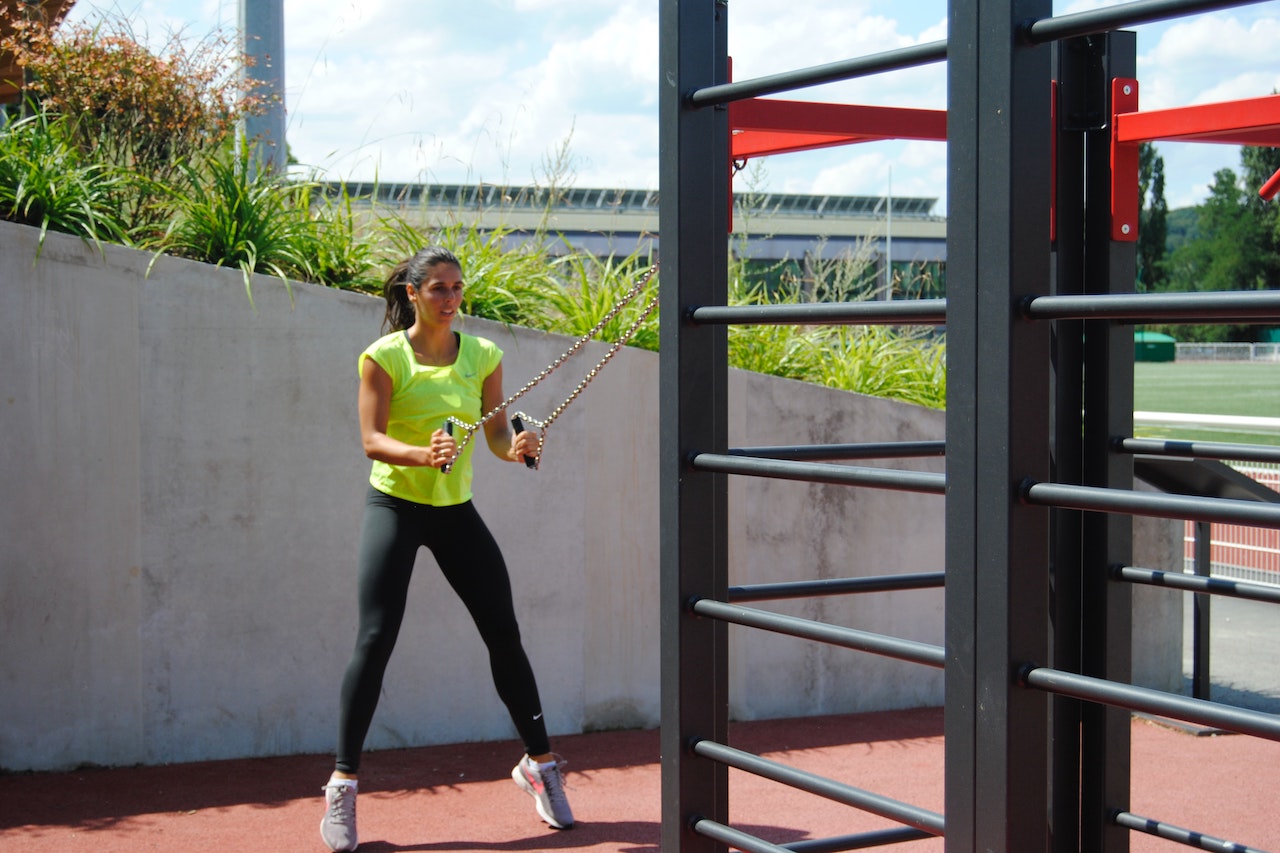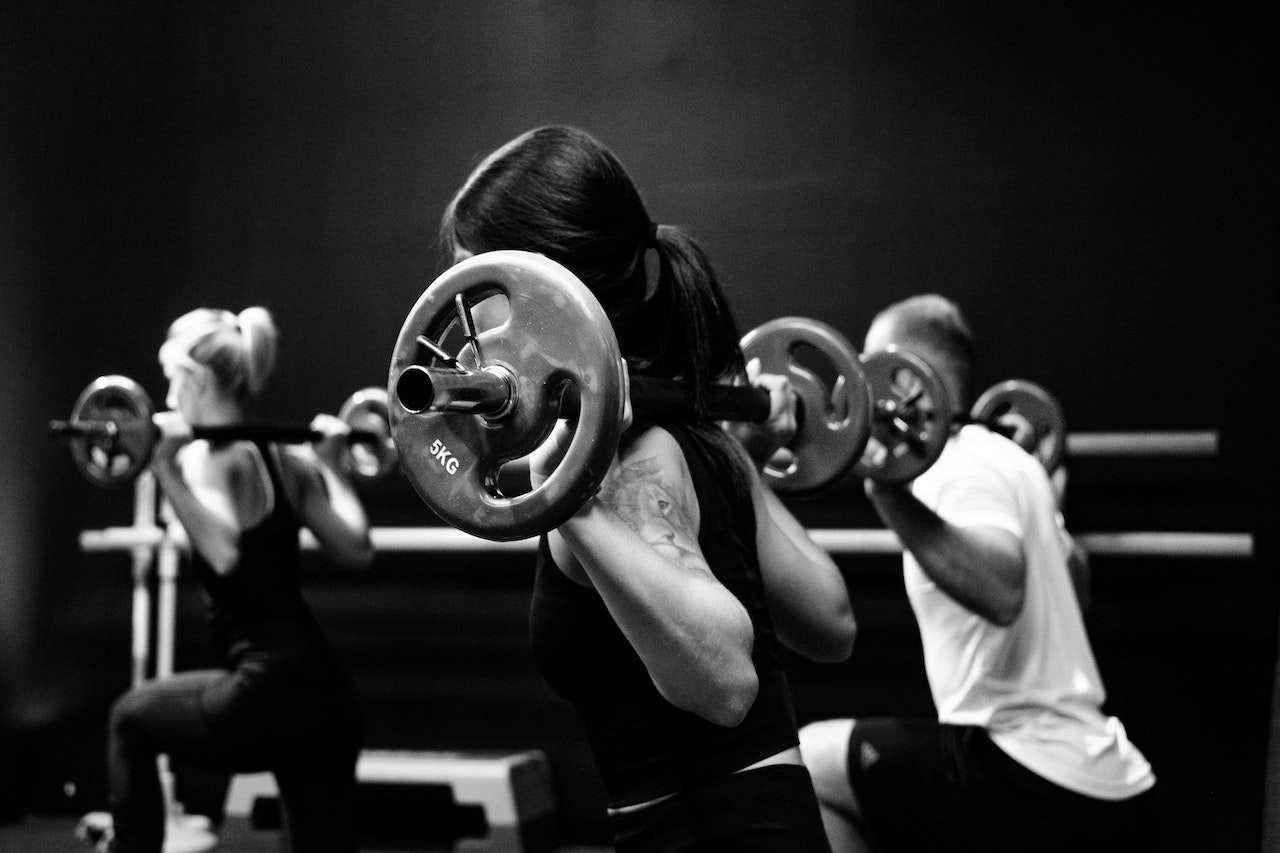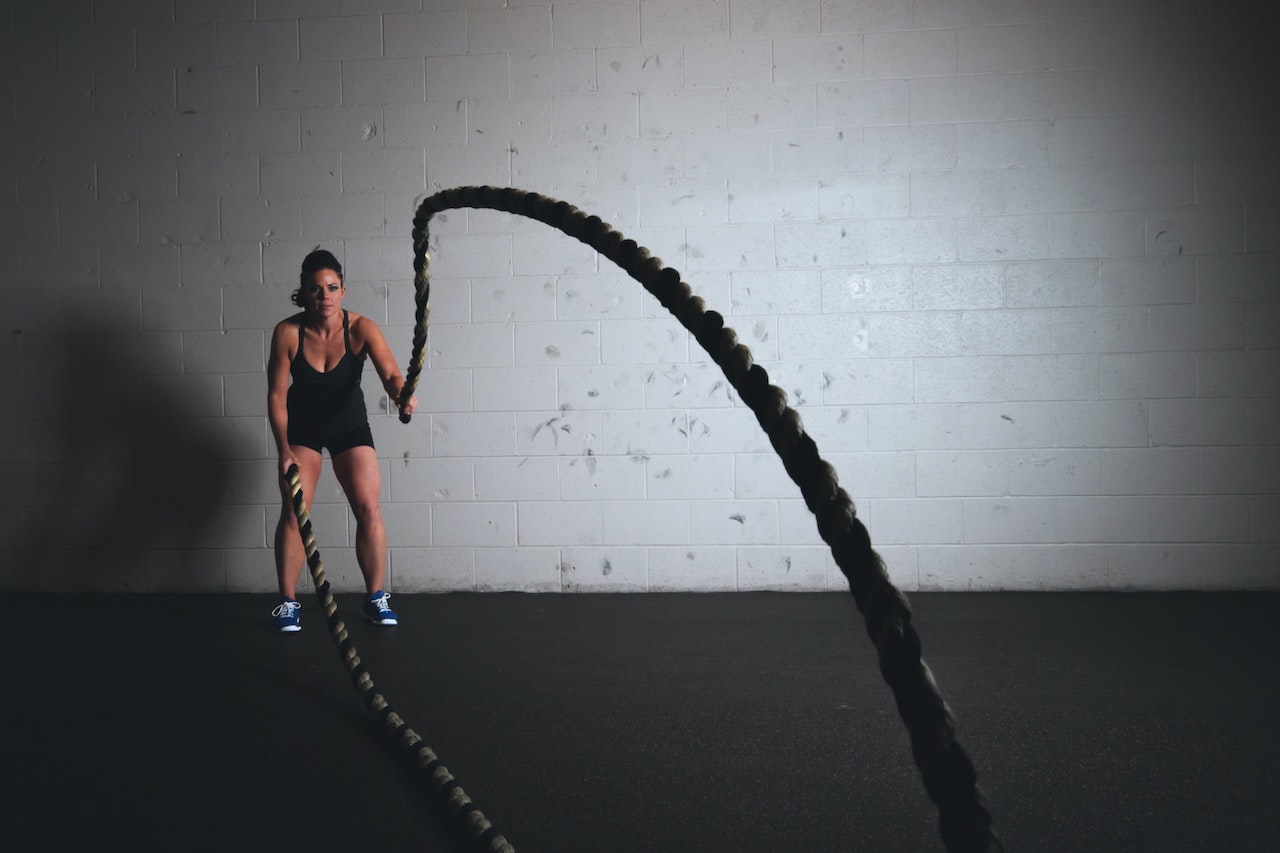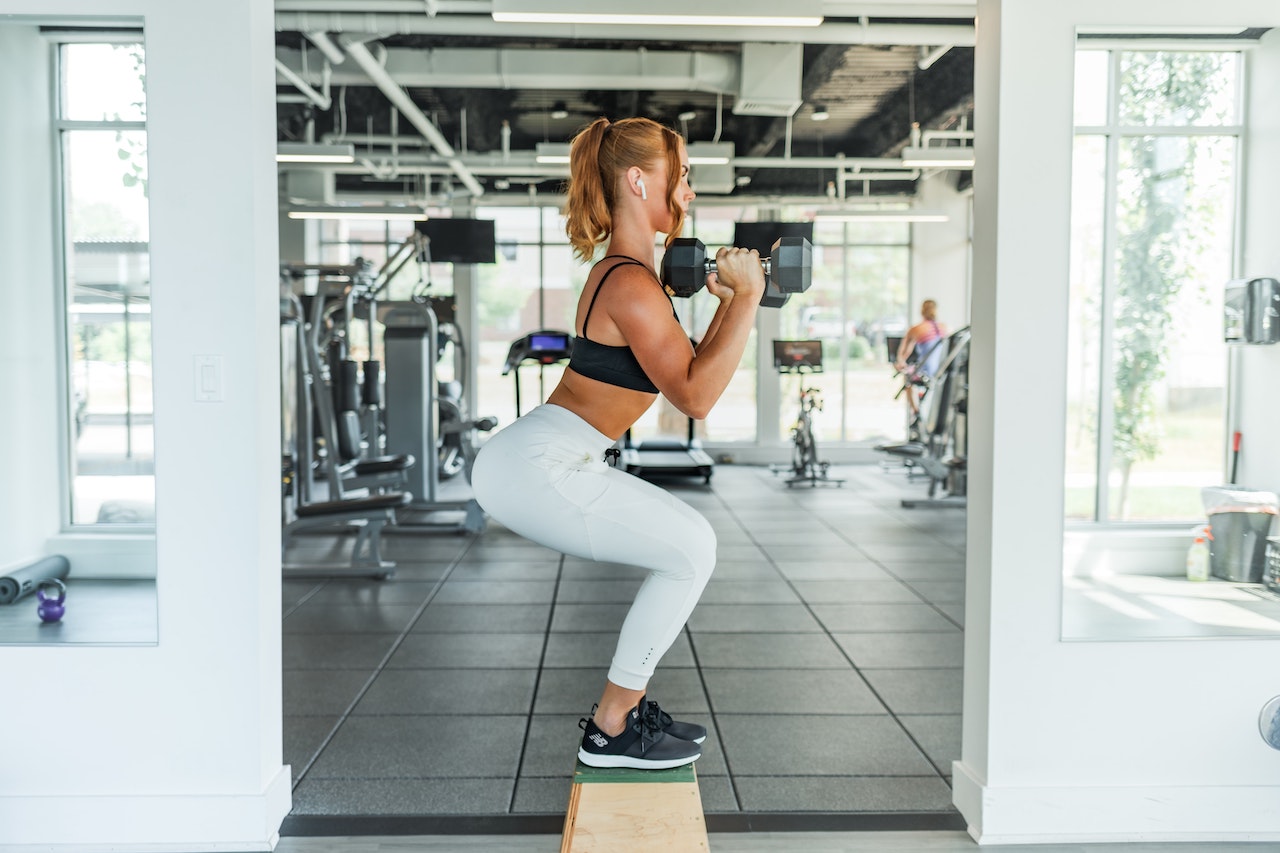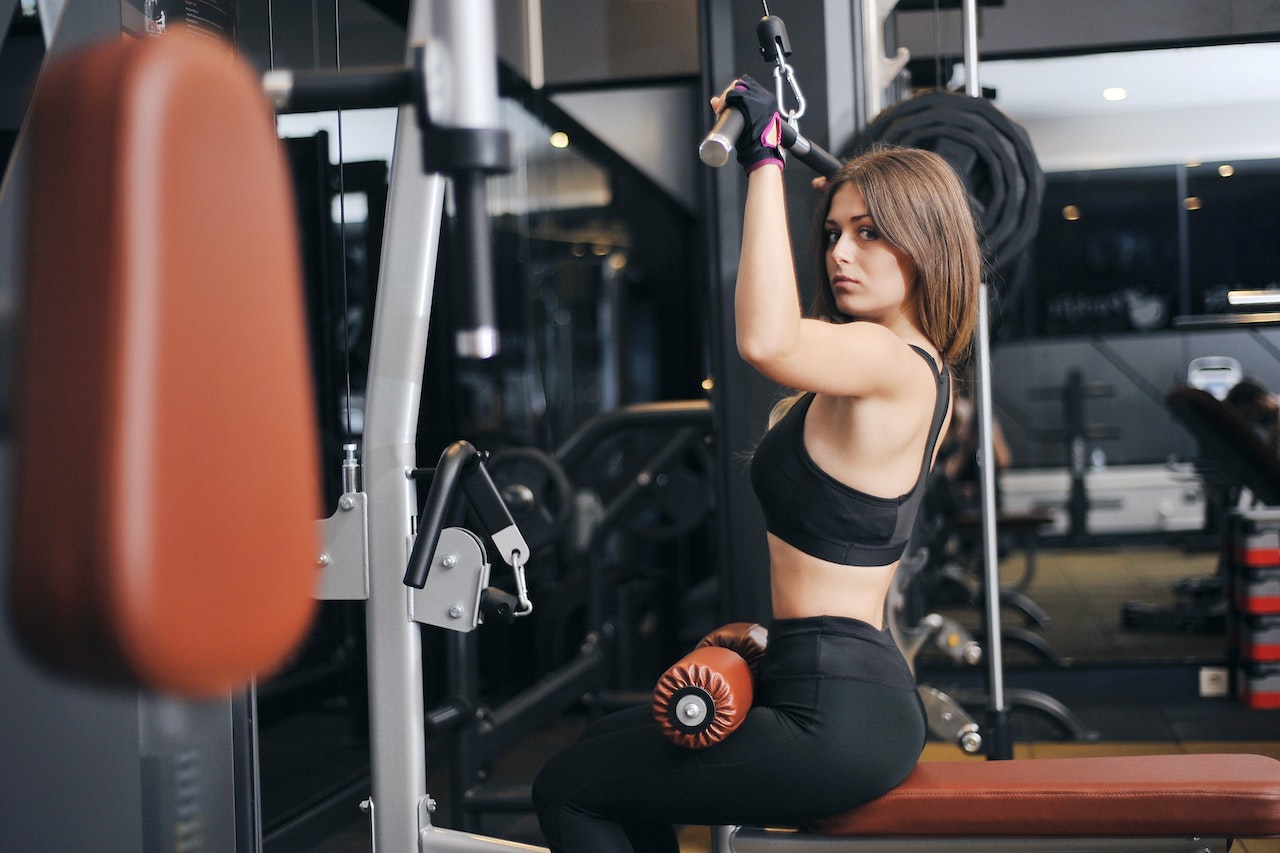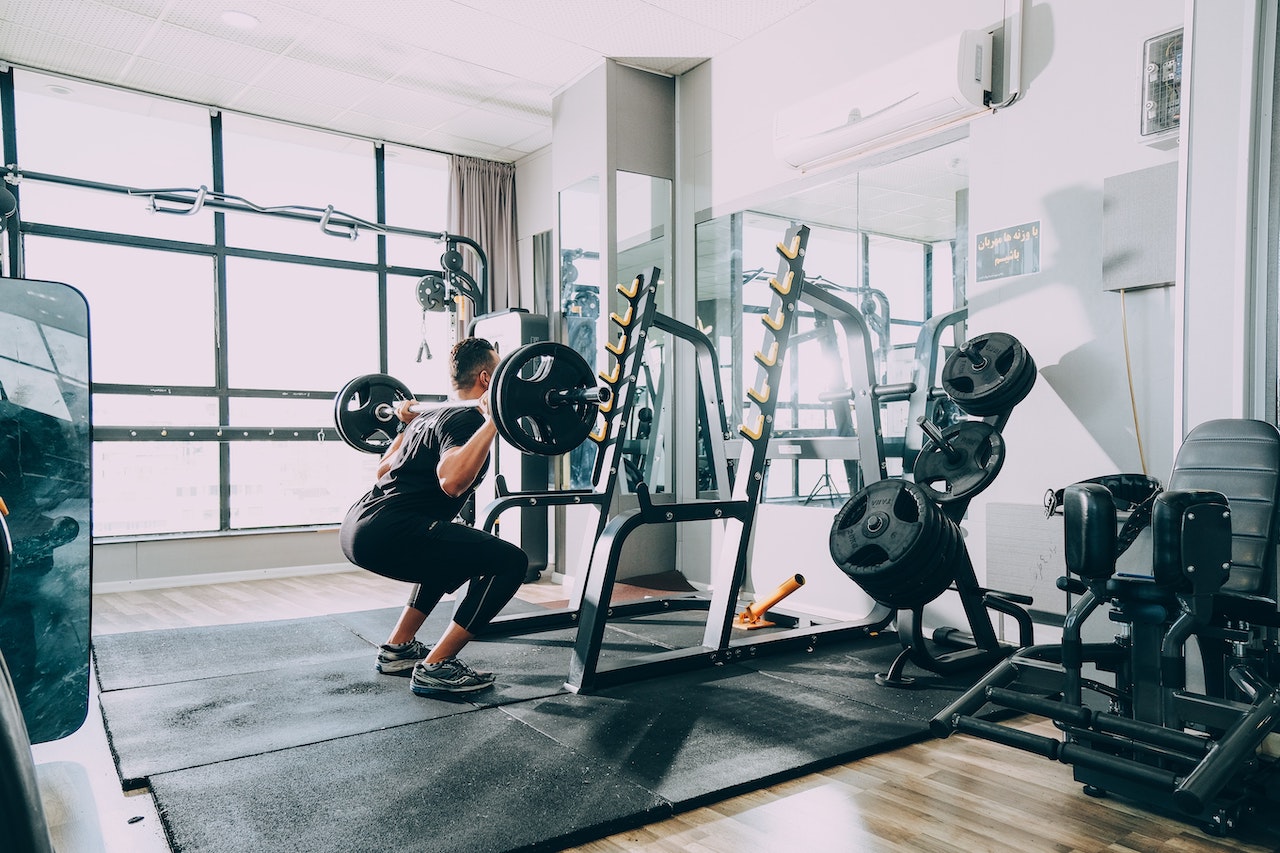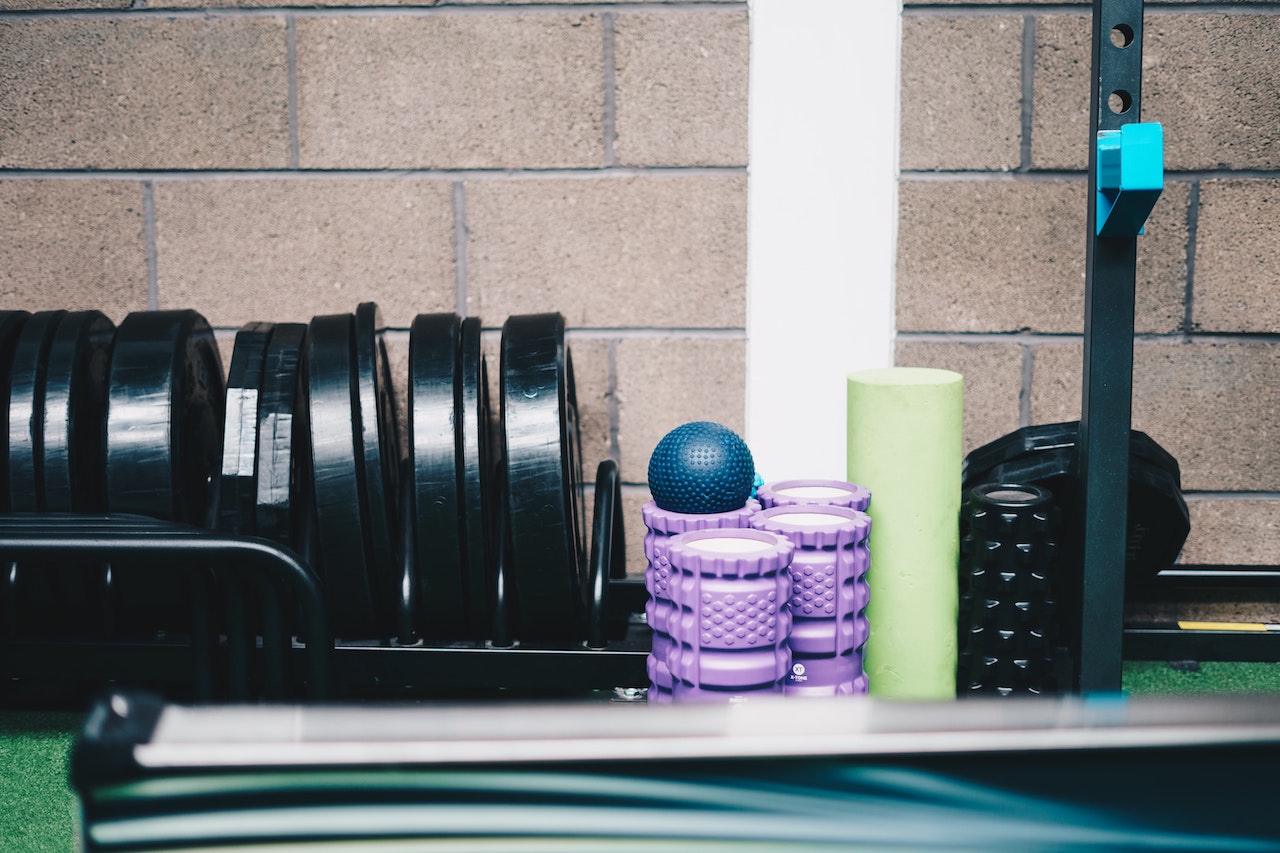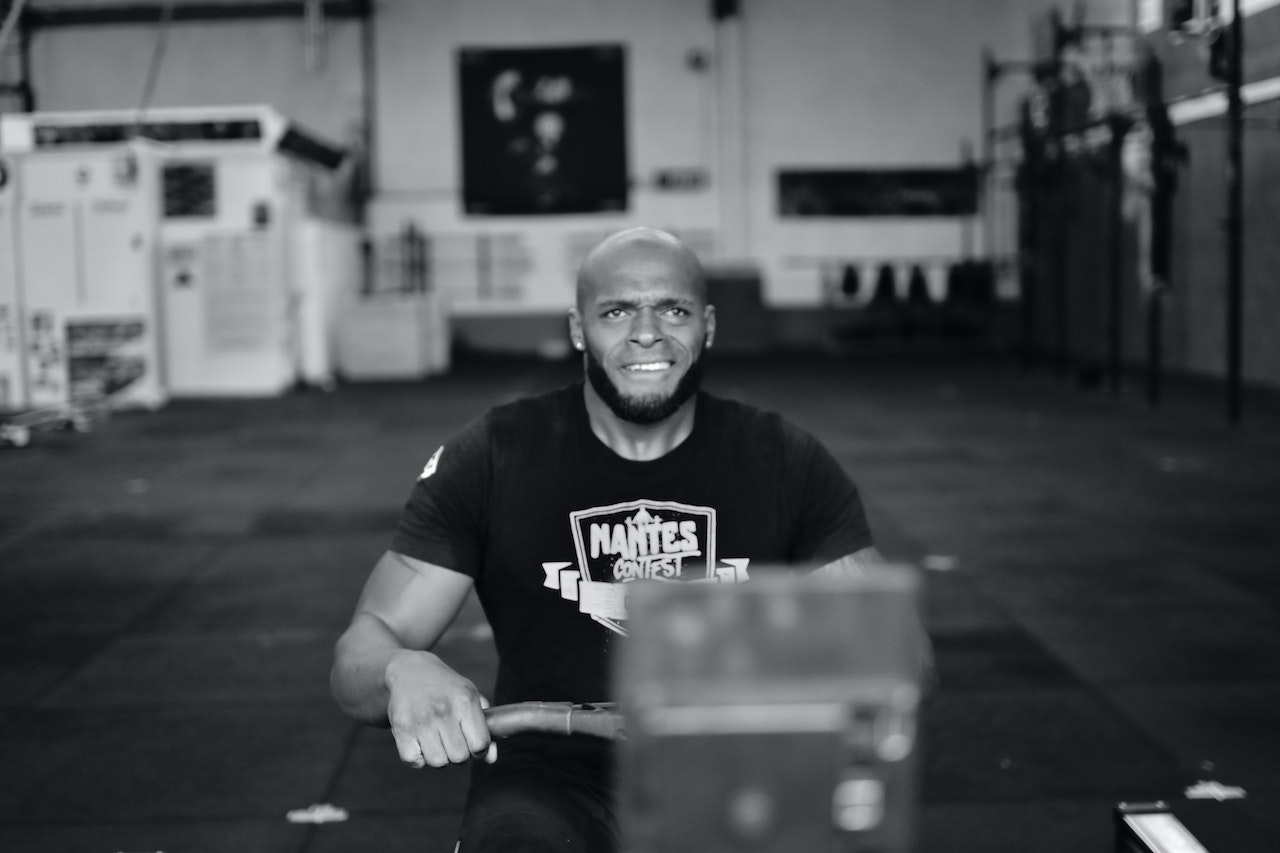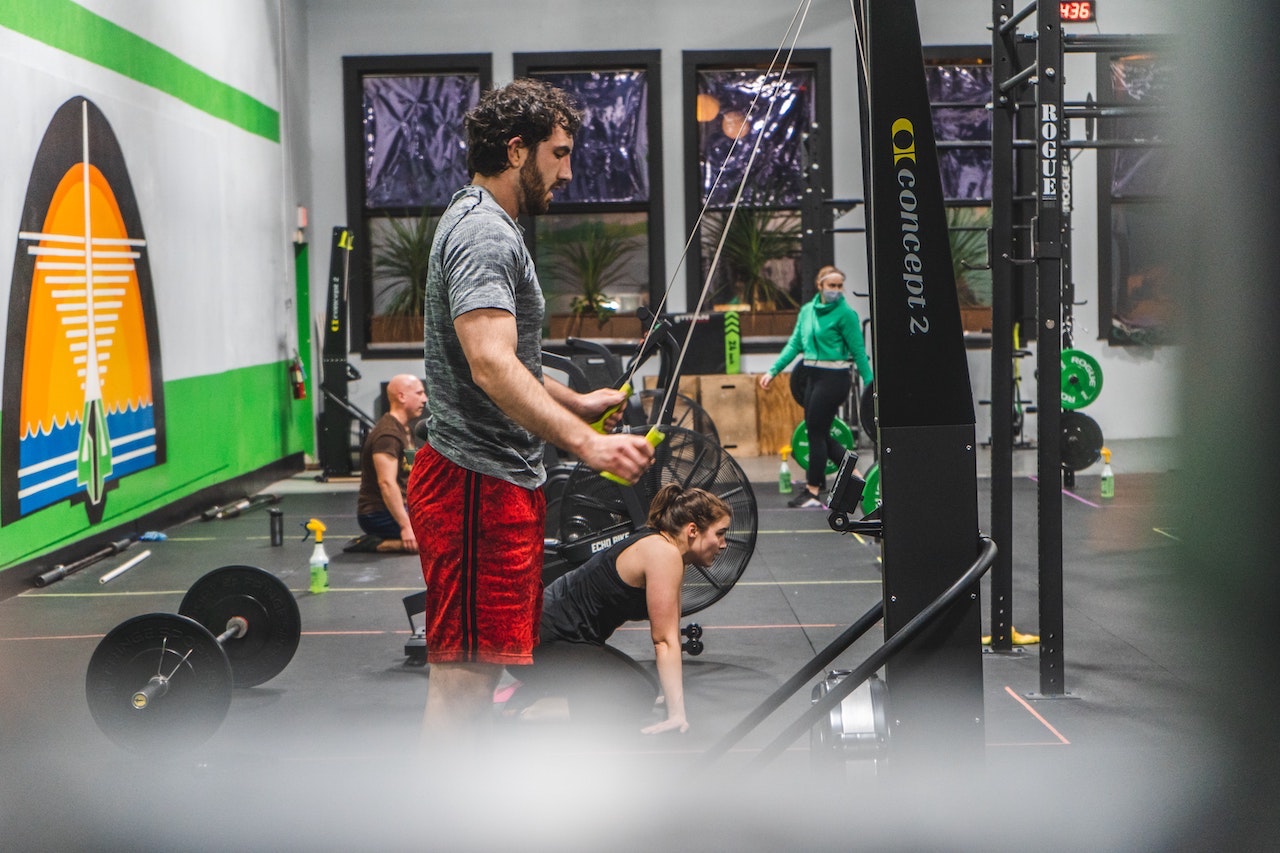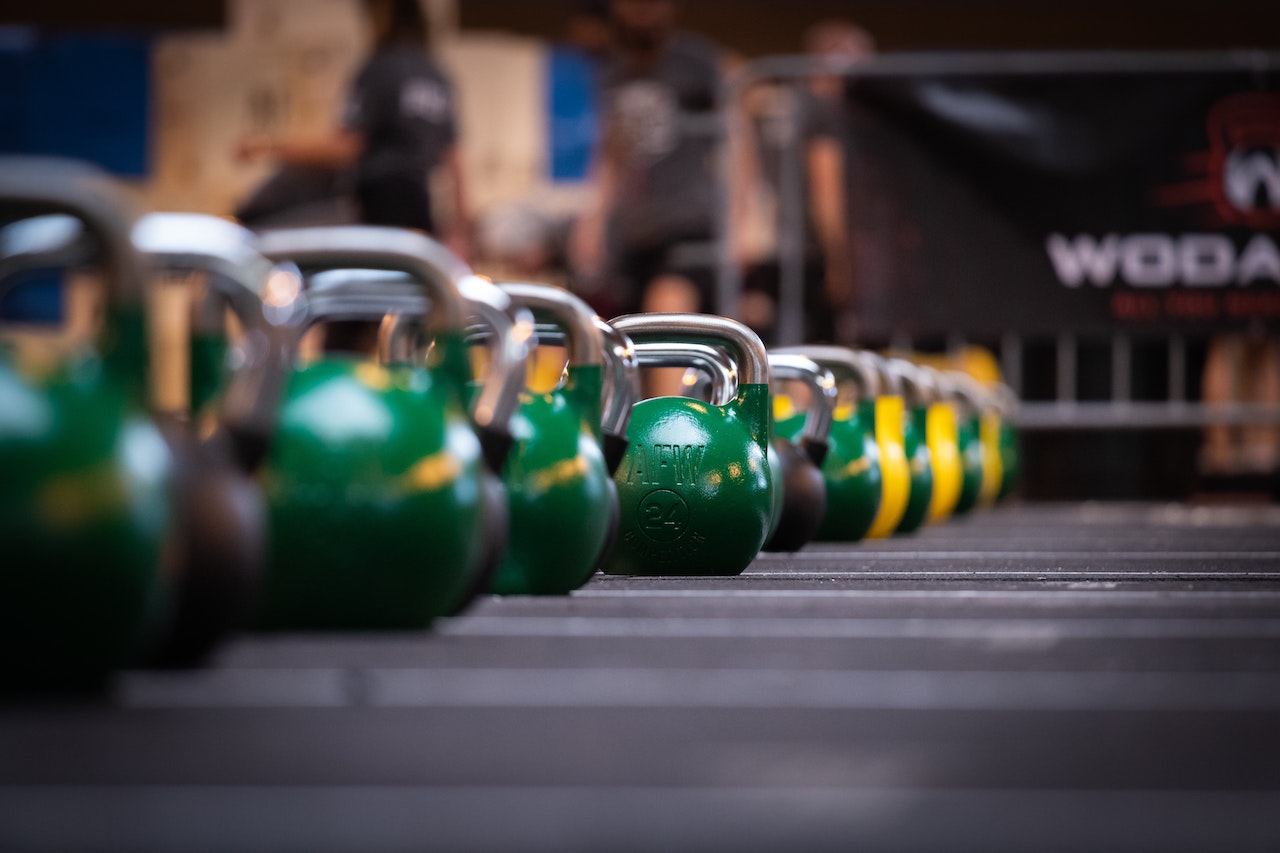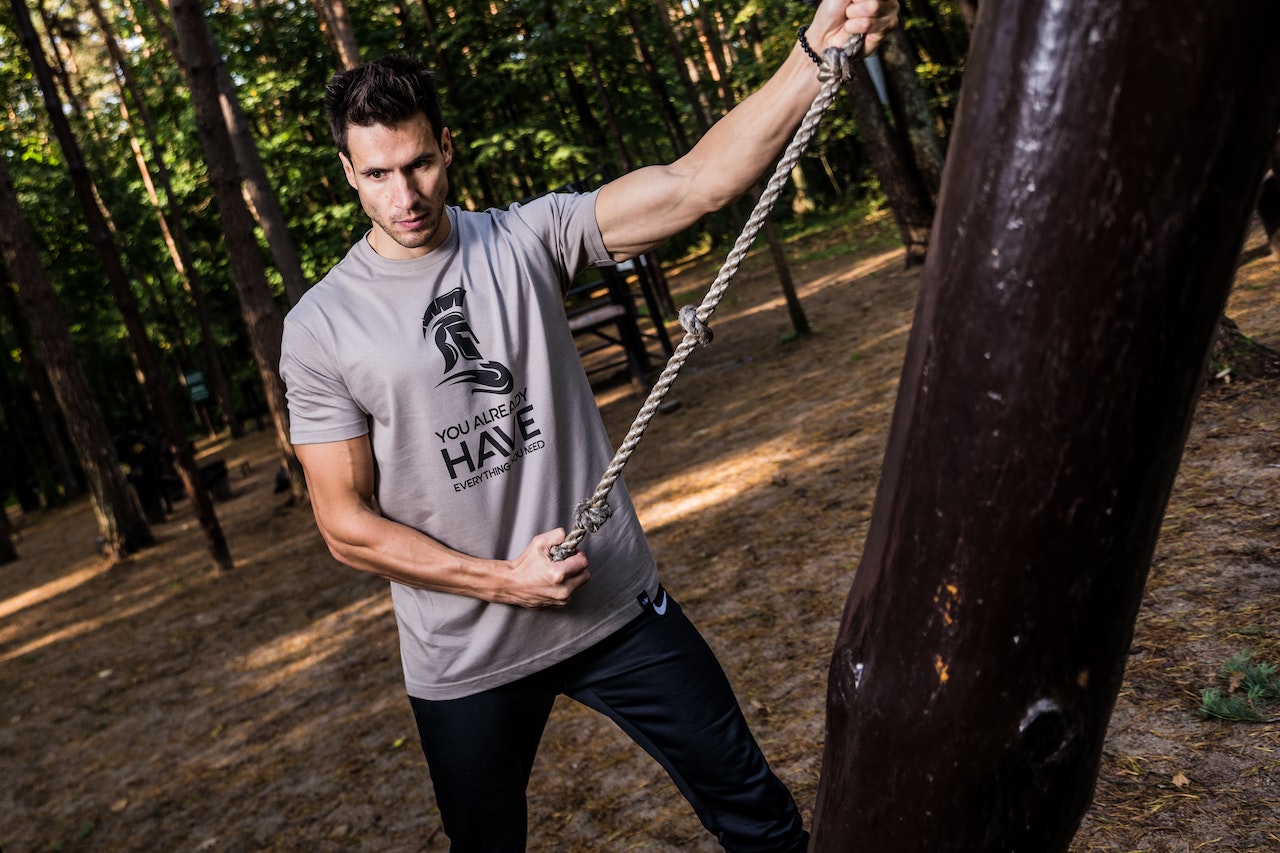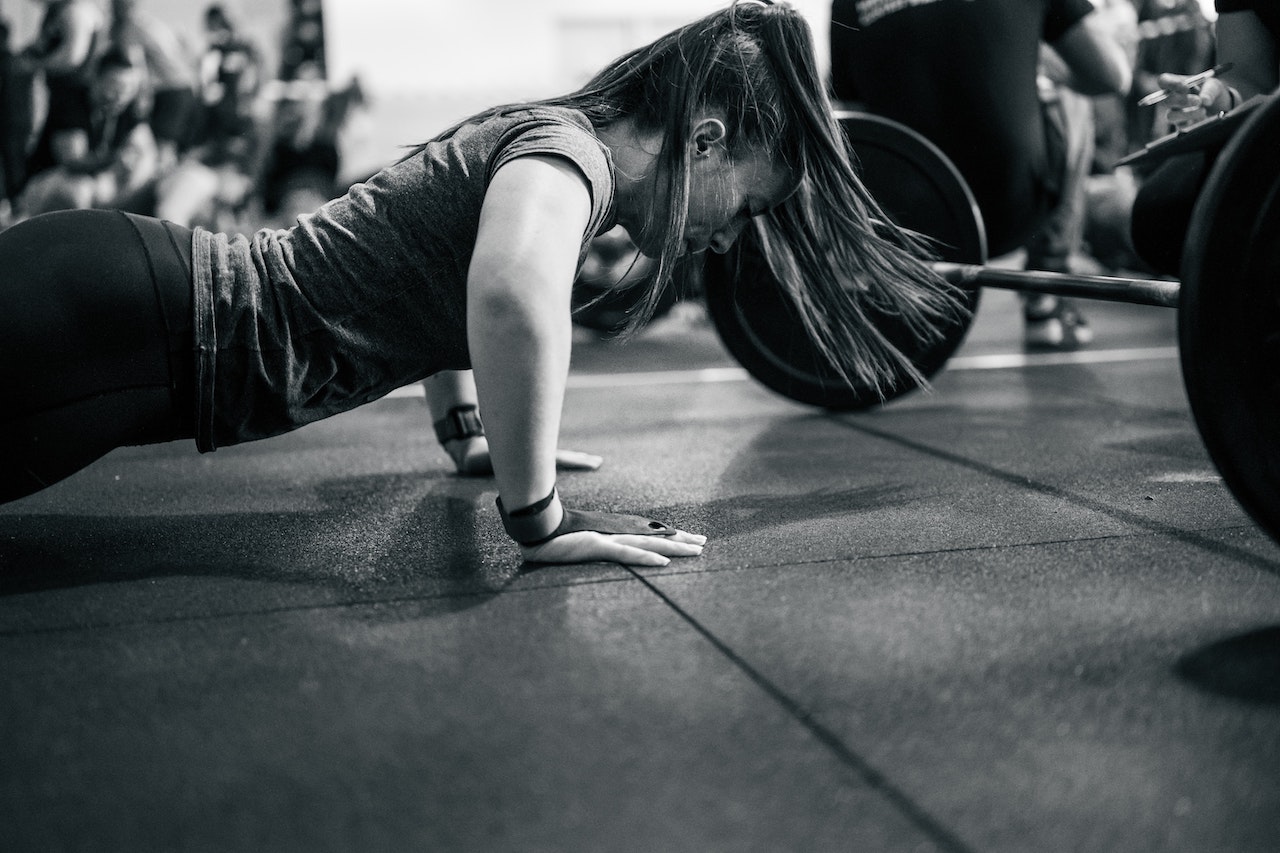If you're looking for an interesting new tool to add to your training at home or in the gym, the vibro bar might be a good choice for your core and body posture.
What it is.
Vibrobars, also known as flex bars or bouncy bars.
About 30 years ago a professor conducted a study and his findings showed that with very little time and effort it could have a very positive effect on the strength of the muscles that support the spine.
Physiotherapists and sports scientists in germany developed the flexi bar also known as a vibrating bar in 2001 to produce an easy to use vibrating tool to achieve such a training effect.
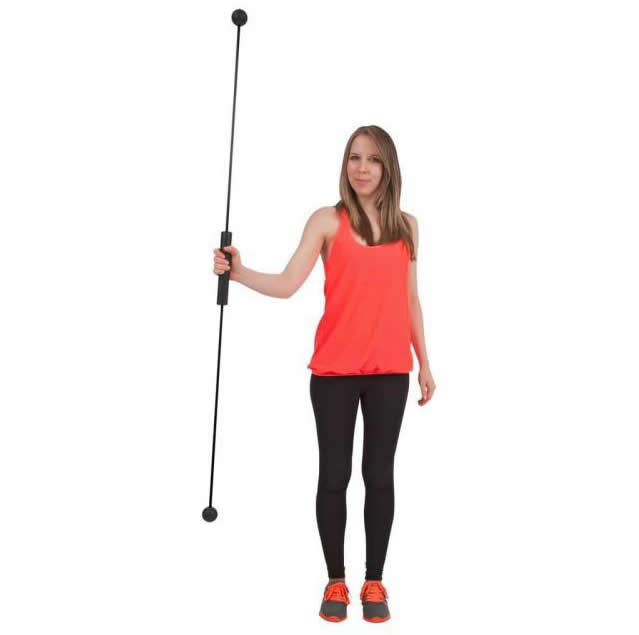
The vibro bar looks like a long different coloured stick and when you turn up at the gym with it, many people think you practice martial arts! However, many bodybuilders, rugby players, triathletes, mothers, disabled people and children use it, so the vibro bar really is versatile and works for everyone.
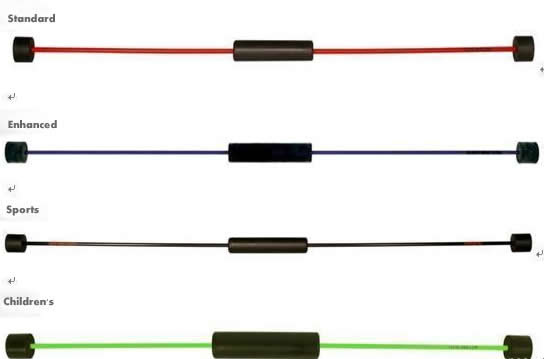
There are three main different vibro bars - a red standard vibro bar, a black vibro bar and a small green vibro bar for children and older people, people with disabilities and people recovering from surgery. Many other colours are now available as well.

What do i do and how should i incorporate it into my training?
To use the vibrating bar, you hold the bar in a light but strong grip and then move it around to create a vibrational force which acts on the muscles and nervous system. Some people pick up the bar and get the vibration easily, others need more time. The trick is not to think about it or look at the vibrating bar as this seems to stop it moving!

Getting it moving also has nothing to do with fitness levels, and it is usually easier for less strong people to move. Initially you will feel the movement in your forearms and shoulders, but once you have established the movement you will start to feel all the benefits within a few weeks.
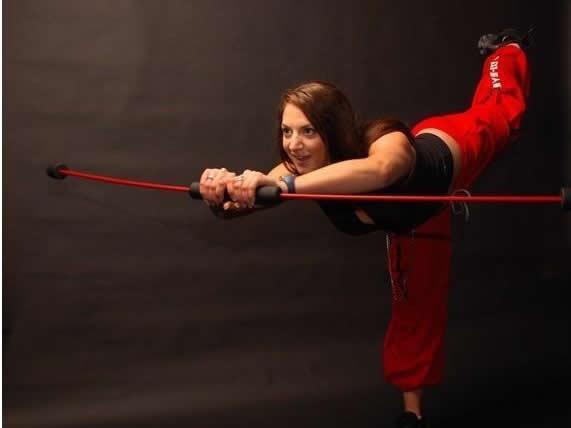
You can use this vibrator bar alone at home for a short workout or in between core workouts and stretching exercises. It can also be used between sets of strength training to increase muscle tone and as part of a circuit to fatigue muscles in a different way. Or between two sets of sprint runs to improve reaction time.
The vibrating bar shakes at the same frequency as your body is said to vibrate. The resulting rise in amplitude creates a de-stabilising force which causes your core muscles and stabilisers to be activated to balance the force.
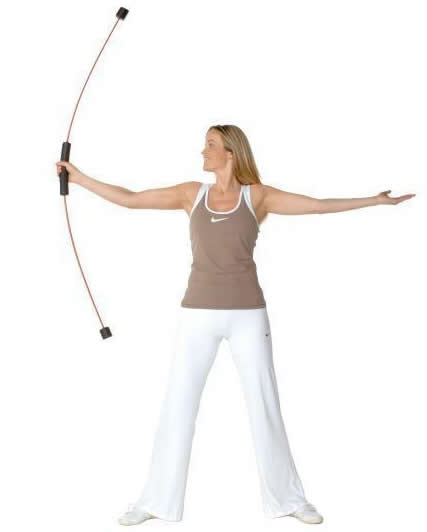
The benefits of the vibro bar exercise include increased strength in the joint stabilisers and core muscles. This in turn improves joint health and spinal integrity, which in turn improves your posture, enhances your quality of movement and prevents injury.
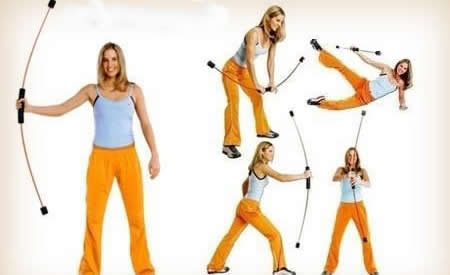
Good nutrition and vibrator bar exercises go hand in hand. Any fitness programme should be supplemented and enhanced by a sound nutritional plan. A balanced diet will allow you to maximise the benefits of your workout and recover from stress and strain more quickly. The combination of a healthy nutrition plan and a vibe bar workout will allow you to achieve your fitness goals.
What makes a vibrator bar workout different?
Vibro bar workouts are different from others because they use vibration as resistance rather than load (weights) or gravity. It is suitable for overweight people who are just starting a fitness programme because they have mobility issues. However, as their fitness level increases they must choose more difficult exercises.
What does a typical vibe bar workout look like? A basic way is that you can stand in different positions using the vibe bar. More progressively it can be used for common training movements such as lunges, squats and almost all common self weight training exercises at the same time.
The 5 most recommended types of movements for vibrobar training.
These are mainly used by injured athletes and those trying to make a change in their fitness program, vibro bar training can help.
Abs training
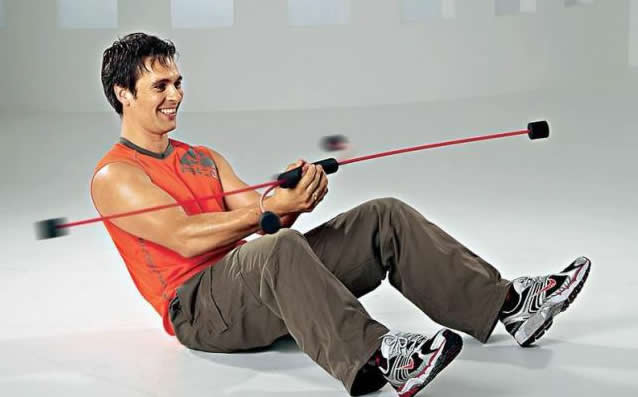
Torso rotation
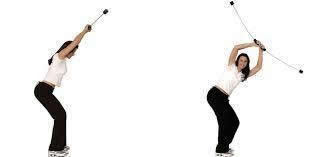
Lunge
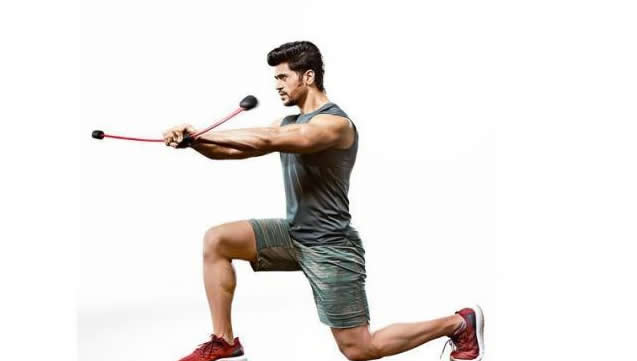
Deep squat
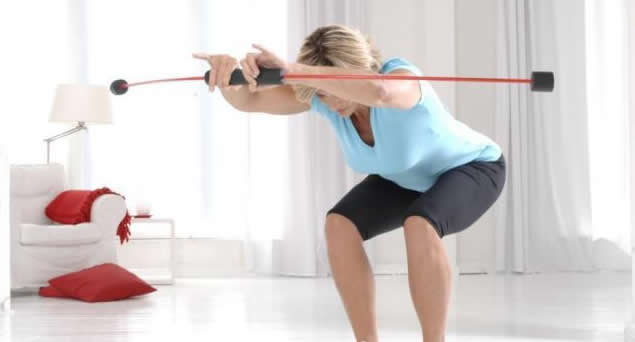
Handstand
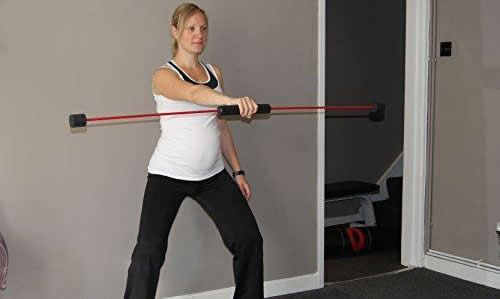
Precautions when using the elastic bar: Elastic bar exercises are not commonly used and may need to be used with caution by people with acute conditions such as arthritis, back pain or injury.

